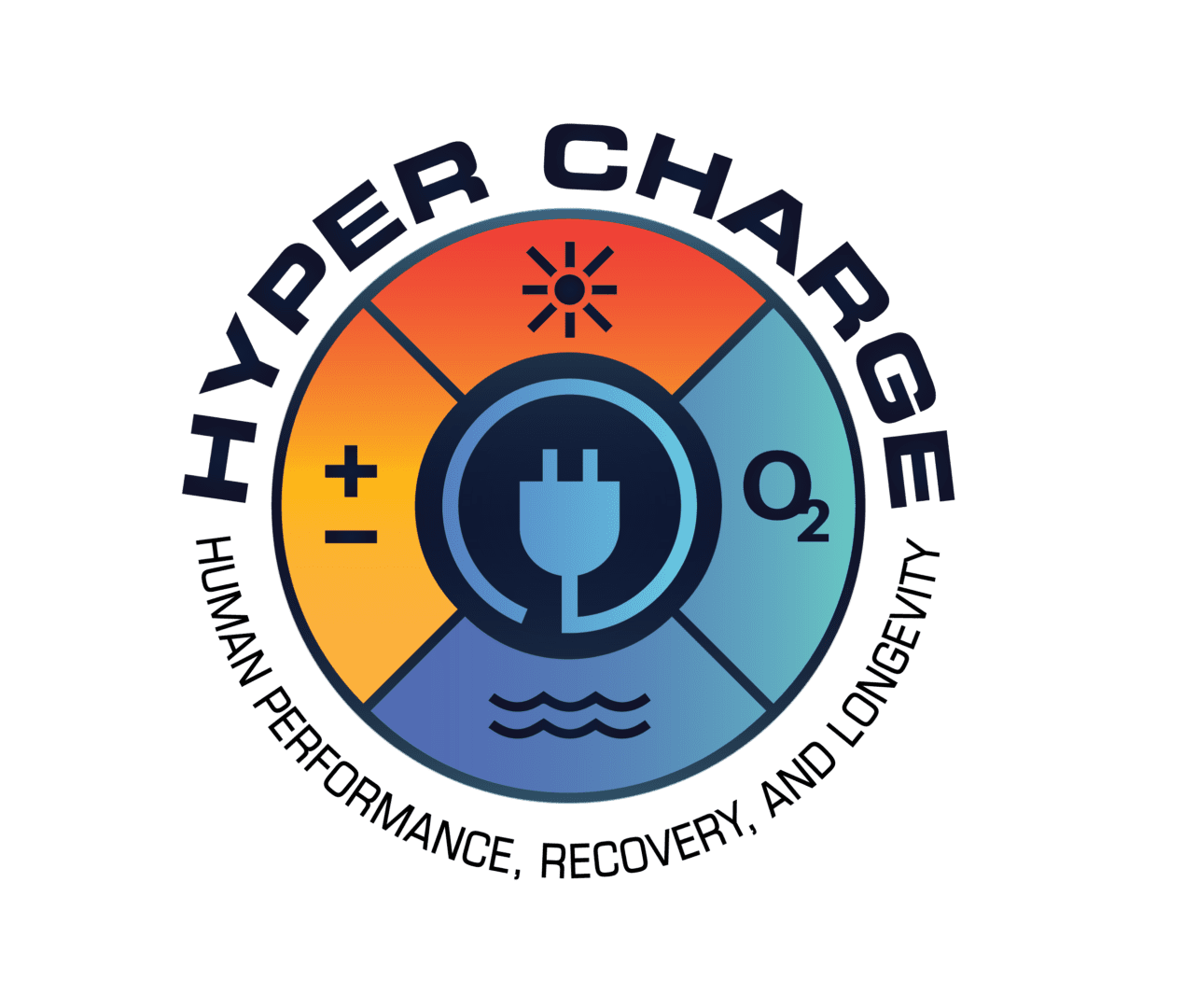Our brain oftentimes progresses through different moods or states throughout the course of the day. You may find that your brain is frantic after sleeping through your morning alarm, focused when you’re at work, fatigued near the end of the work day and relaxed as you settle onto the couch after dinner. Countless outside influences affect our brain’s current state, and not all of them are within our control. That said, what if we could have more control over our brain state during different times of the day? What if you could train your brain to be better focused at work, or teach it how to better regulate stress during athletic activity? That’s the science behind neurofeedback therapy.
What Is Neurofeedback Therapy?
Neurofeedback therapy (NFT) is a noninvasive procedure that analyzes and measures a person’s brainwaves and provides the patient with real-time feedback about their brain’s function. It’s a form of biofeedback, which is another type of therapy technique that aims to help individuals gain more voluntary control over certain bodily functions that are typically involuntary, like your heart rate, muscle contraction, or in the case of neurofeedback, your brainwaves. Through neurofeedback therapy, we help the patient better understand how their brain responds to certain stimuli, which in turn allows them to respond in different ways to lessen the effects of that stimulus or trigger.
Over time, neurofeedback therapy teaches the patient how to understand when their brain is in a certain state. Not only can it help patients identify brain states, but it can also help them train their brain to shift out of one state and into a more desired state. Imagine being able to calm yourself out of an anxious state or stay focused during situations of intense pressure? That’s what neurofeedback therapy aims to provide each client.
How Does Neurofeedback Therapy Work?
During a neurofeedback therapy session, you will be hooked up to a device that measures and monitors your brainwave activity. This device provides near immediate feedback, and the markers that are relayed by the device can help a specialist understand what’s going on in your brain when you are exposed to different stimuli.
For example, once the device is in place, your doctor may subject you to different visual or auditory stimuli to see how your brain responds in real time to these cues. The neurofeedback device is constantly measuring your brain’s output of what are known as alpha and beta waves:
- Alpha Waves – Alpha waves are stronger in patients that are in a relaxed, peaceful or meditative state.
- Beta Waves – Beta waves are more likely to be sent during periods of focus, alertness, excitement or sustained attention.
Knowing this, doctors will work to train your brain to release different brain waves in response to different stimuli. For example, patients who are dealing with depression, anxiety and stress would benefit from neurofeedback therapy that seeks to target the stimulation of alpha waves in their brain, while athletes or individuals with conditions like ADHD would benefit from neurofeedback therapy that improves beta wave relays to aid in concentration and focus.
It may sound complex, but just know that your brain has the ability to be trained to respond to stimuli in different ways. Controlling how our brain responds to cues and learning how to move your brain toward a more desired brain state can help you overcome many issues you face during your everyday life. Let us show you how to unlock the true power of your brain so that you can better handle the mental and emotional stressors you face in life.
For more information, or to learn more about neurofeedback therapy at HyperCharge Clinic, reach out to our team today.
